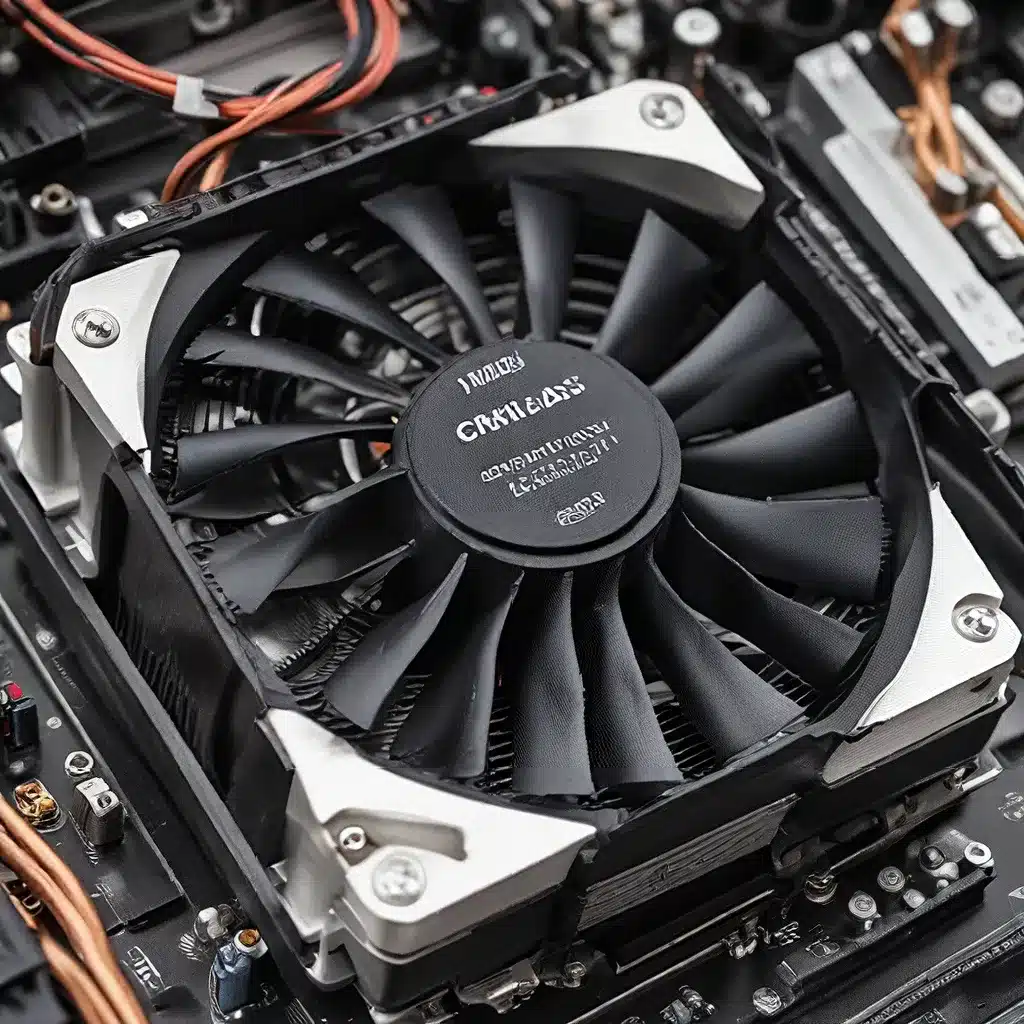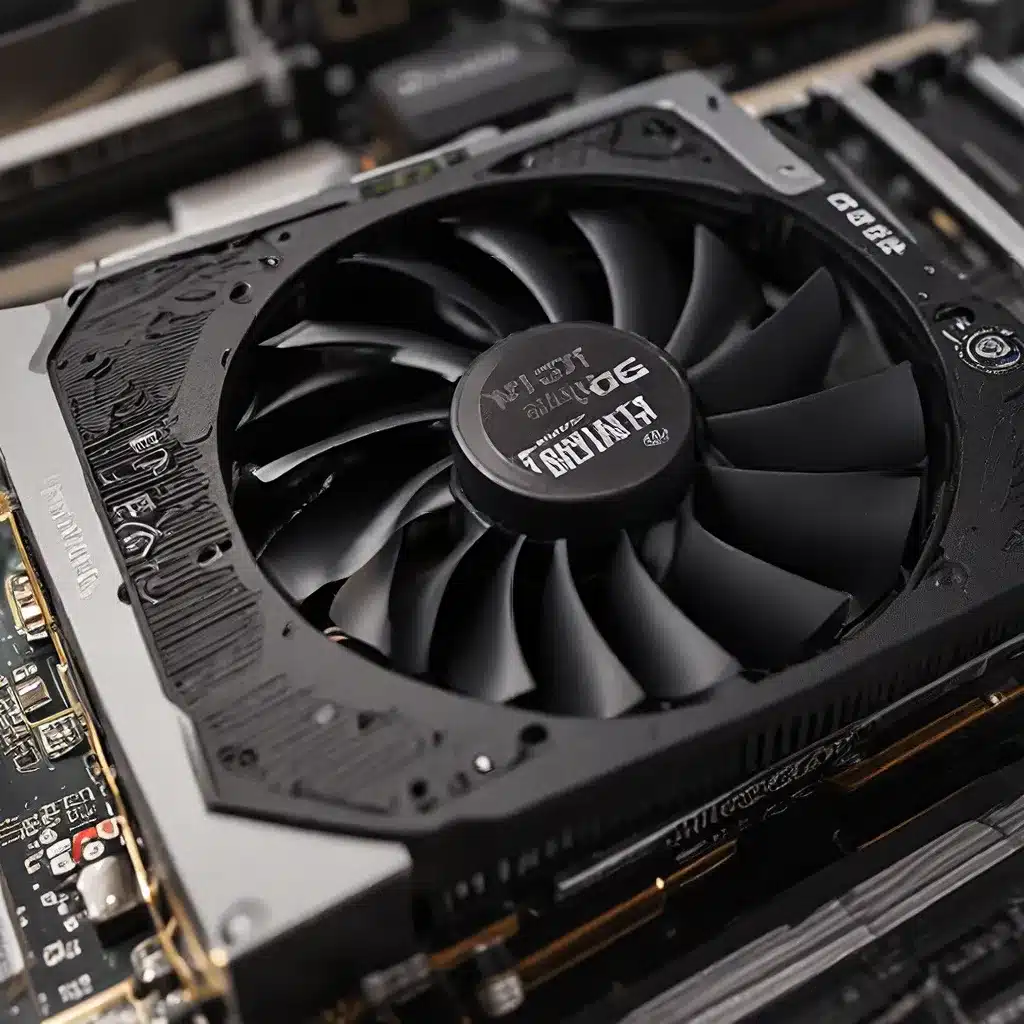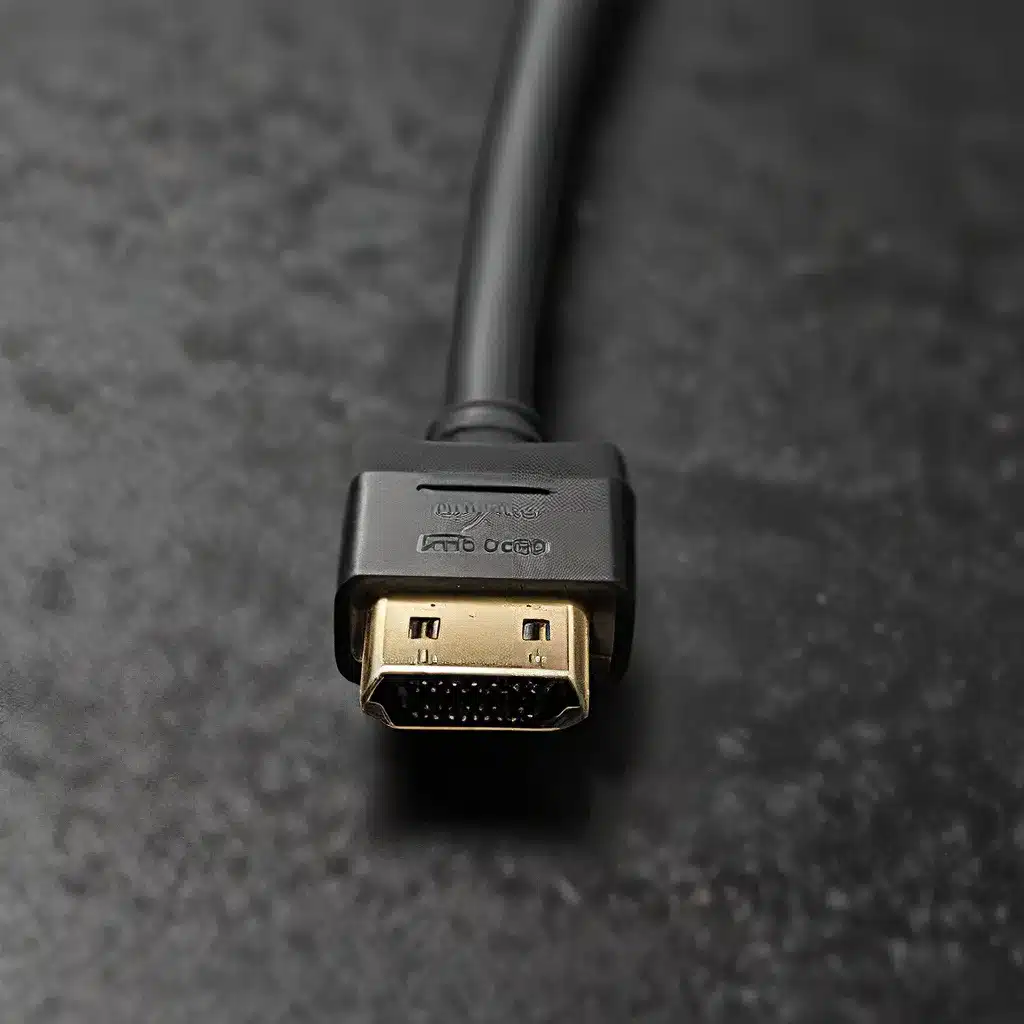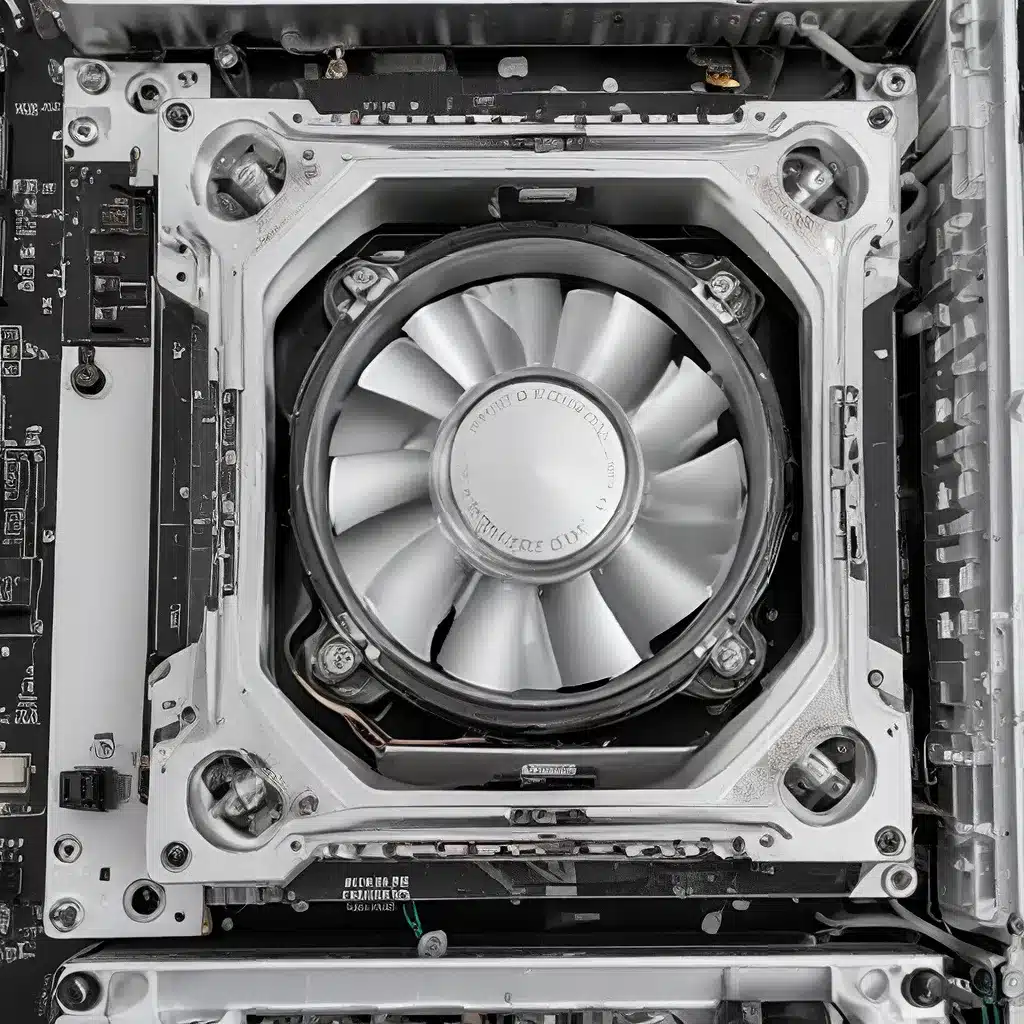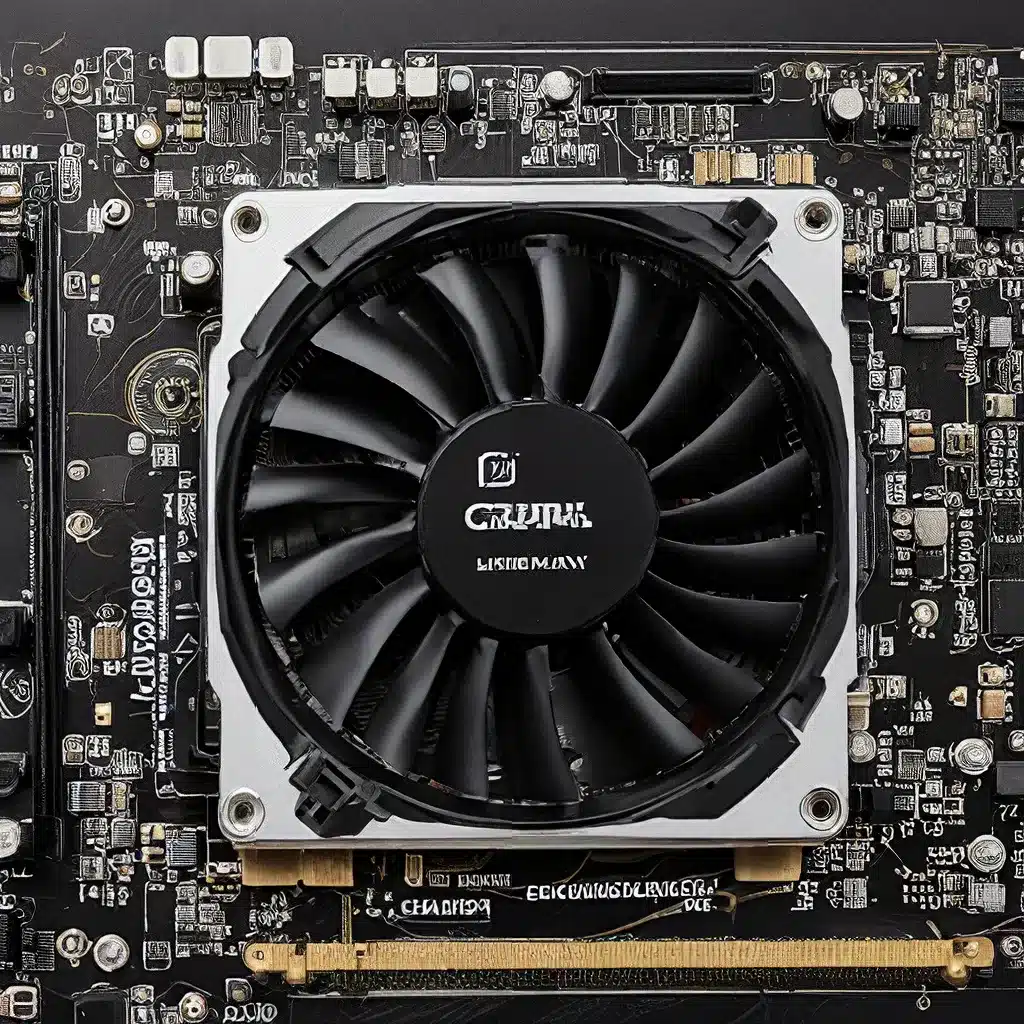Navigating the Wireless Maze: Finding the Router of Your Dreams
Ah, the humble wireless router. That unassuming little box that holds the key to our digital universe. It’s the gatekeeper to our streaming binges, the conductor of our online symphonies, the guardian of our precious cat videos. And yet, choosing the right one can be like navigating a maze blindfolded, filled with technical jargon and confusing specifications.
Fear not, my tech-savvy friends! I’ve delved deep into the world of wireless routers, sifting through the seemingly endless options, expert opinions, and user reviews to uncover the secrets to finding the perfect match for your needs. Whether you’re after blazing-fast speeds, rock-solid range, or a balance of both, I’ve got you covered.
The Wireless Wonderland: Exploring the 2.4GHz and 5GHz Realms
Let’s start with the basics. The wireless world is divided into two main frequency bands: 2.4GHz and 5GHz. The 2.4GHz band is the old reliable, the trusty workhorse that’s been around since the dawn of Wi-Fi. It’s widely compatible, but it’s also a bit of a crowded party. [1] As more and more devices jump on the 2.4GHz bandwagon, the airwaves can become cluttered and congested, leading to frustrating slowdowns and spotty connectivity.
Enter the 5GHz band, the newer kid on the block. This frequency range is less crowded, offering more channels and wider bandwidth for faster data transfer. [2] But don’t let the 5GHz band fool you – it’s not without its own challenges. The higher frequency means it has a harder time penetrating walls and obstacles, resulting in a shorter range than its 2.4GHz counterpart.
Striking the Perfect Balance: Choosing the Right Frequency Band
So, how do you decide which frequency band is right for you? It all comes down to your specific needs and the layout of your home or office.
If you live in a small, open-plan space and prioritize raw speed, the 5GHz band is your best friend. [3] You’ll enjoy lightning-fast downloads, seamless video streaming, and a responsive online gaming experience. However, if your home is filled with thick walls and you need to cover a larger area, the 2.4GHz band might be the way to go. [4] Its superior range means you can stay connected even in the furthest corners of your domain.
But wait, there’s more! Many modern routers offer the best of both worlds, supporting both 2.4GHz and 5GHz bands simultaneously. This dual-band capability allows your devices to automatically connect to the optimal frequency based on their needs and your environment. It’s like having a wireless superhighway and a scenic country road at your fingertips, ready to whisk you to your digital destination.
Navigating the Channel Conundrum: Optimizing Your Wireless Bandwidth
Now, let’s talk about something even more convoluted: wireless channels. [5] These invisible lanes of the airwaves are the backbone of your Wi-Fi network, and choosing the right ones can make all the difference in your connection quality.
In the 2.4GHz band, there are only a handful of non-overlapping channels to choose from – 1, 6, and 11, to be exact. [2] This can lead to a lot of interference, especially in densely populated areas where your neighbors’ routers are competing for the same channels. Some routers try to automatically select the “best” channel, but this isn’t always a foolproof solution.
The 5GHz band, on the other hand, offers a wider range of channels with less overlap, allowing for more breathing room and less congestion. [3] But even here, you need to be mindful of your channel selection, as some channels may be reserved for specific uses, like weather radar.
Putting It All Together: Choosing the Best Wireless Router for Your Needs
Now that you’ve got a better understanding of the wireless landscape, it’s time to put it all together and find the perfect router for your needs. Here are a few key factors to consider:
Speed and Bandwidth: If you’re a heavy user, streaming 4K videos, hosting online gaming sessions, or working with large files, you’ll want a router that can deliver blazing-fast speeds. Look for the latest Wi-Fi standards, like Wi-Fi 6 or even the upcoming Wi-Fi 7, and make sure it supports the 5GHz band. [6][7]
Range and Coverage: If your home or office is on the larger side, with plenty of walls and obstacles, prioritize a router with a robust range. Some models even come with built-in antennas or mesh capabilities to extend the coverage and eliminate dead zones. [7][8]
Ease of Use: Nobody wants to wrestle with a convoluted router setup. Look for models with user-friendly interfaces and intuitive features, like automatic channel selection and network optimization. [4][5]
Security and Reliability: Lastly, don’t forget about the all-important factors of security and reliability. Make sure your router has the latest encryption protocols and security features to keep your network safe from prying eyes. [6][7]
With these considerations in mind, you’re well on your way to finding the wireless router of your dreams – one that will seamlessly blend speed, range, and user-friendliness to transform your digital life. Happy hunting, my tech-savvy friends!
References
[1] PCMag. (n.d.). The Best Wireless Routers. Retrieved from https://www.pcmag.com/picks/the-best-wireless-routers
[2] SuperUser. (n.d.). Why do WiFi routers do such a bad job of channel selection? Retrieved from https://superuser.com/questions/1311149/why-do-wifi-routers-do-such-a-bad-job-of-channel-selection
[3] Reddit. (2020). [r/HomeNetworking] WiFi 5GHz – Any reason not to select 20/40/80 MHz vs? Retrieved from https://www.reddit.com/r/HomeNetworking/comments/k0qsff/wifi_5ghz_any_reason_not_to_select_204080_mhz_vs/
[4] SuperUser. (n.d.). Should WiFi routers be set to a channel or choose automatically? Retrieved from https://superuser.com/questions/1308736/should-wifi-routers-be-set-to-a-channel-or-choose-automatically
[5] Tom’s Guide. (n.d.). Best Wi-Fi Routers 2023: The top wireless routers for your home. Retrieved from https://www.tomsguide.com/us/best-wifi-routers,review-2498.html
[6] TP-Link. (n.d.). How to Choose the Best Wireless Channel for Your Router. Retrieved from https://www.tp-link.com/us/support/faq/468/
[7] HighSpeedInternet.com. (n.d.). The Fastest Gigabit Internet Routers. Retrieved from https://www.highspeedinternet.com/resources/fastest-gigabit-internet-routers
[8] EPB. (n.d.). How to Choose the Right Router for Your Home. Retrieved from https://epb.com/get-connected/gig-internet/how-to-choose-right-router/




